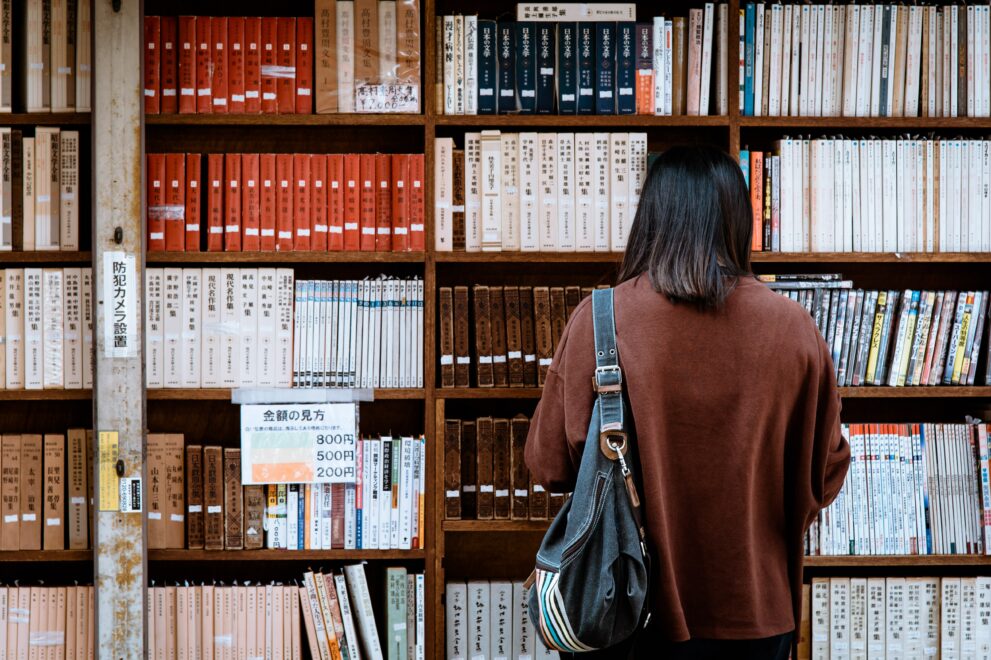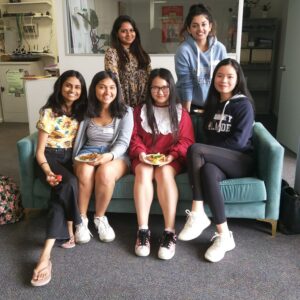Your cart is empty.


Your cart is empty.
19 Jul 2021 Campaigns
This blog post was written by one of our amazing volunteers Manasvi, reflecting on her experience as an international student arriving just as the COVID19 pandemic started to impact South Australia.

It all happened quite quickly. We arrived here as international students in February 2020, attended our orientation for two weeks, got lost on campus a few times and before we knew it, the pandemic had taken over most parts of the world and Australia closed its international borders indefinitely. No new international students would arrive, or indeed anyone who wasn’t an Australian citizen. I realized soon that I had to make the best of the situation. I missed home terribly and was concerned about my friends and family at home but could do nothing all the way from here. I decided to google all the things that I was interested in and tried to find organisations in South Australia I could get involved in, but I had no luck.
My glimmer of hope was an Ad put out by the Working Women’s Centre asking for volunteers on a project examining how young women in South Australia were impacted by COVID19. I was soon at the Centre every Monday amongst the most passionate women who were all collectively trying to improve the lives and wellbeing of women and vulnerable workers at the workplace. It was the most meaningful work I could ever have the pleasure of working on. Soon enough, we were picking up momentum by collecting more survey responses and holding consultations with international students (some of whom were my dear friends) to identify what challenges we were facing and how to make our voices heard. The result was the report titled “Loss of work, isolation & worry: the disproportionate impact of COVID-19 on young women” which was released in April, 2021.
We found that most COVID-19 related job losses occurred for part-time workers, who are disproportionately women and young people. Furthermore, international students who lost work due to COVID-19 had no access to government support like Jobkeeper or Jobseeker and had to rely on university support to make ends meet.

Pictured above: some of the participants from our consultation exploring the impact of the COVID19 pandemic on young women, with young international students based in South Australia.
Our consultation of female international students held in December revealed that finding a new job after losing one was one of the hardest tasks during a pandemic. In some cases, students reported a call-back rate of less than 10% when applying for jobs. Young women faced undue financial hardship as a result of this and had significant anxiety and worries over money matters. In addition to this, 44% of the survey respondents felt more discouraged about the prospect of finding work since COVID-19.
It is so difficult for young women to access safe and secure jobs, it is no wonder that we are stressed about being able to get one in the future.
This engagement with the Working Women’s Centre is what helped me get through the pandemic. It offered me a kind and supportive space to grow and learn. More importantly, I finally felt like I was part of a community that shared the same values as I did, advocating for those groups in society that often go unvoiced. If this is something you need as well, the Working Women’s Centre is the place for you.